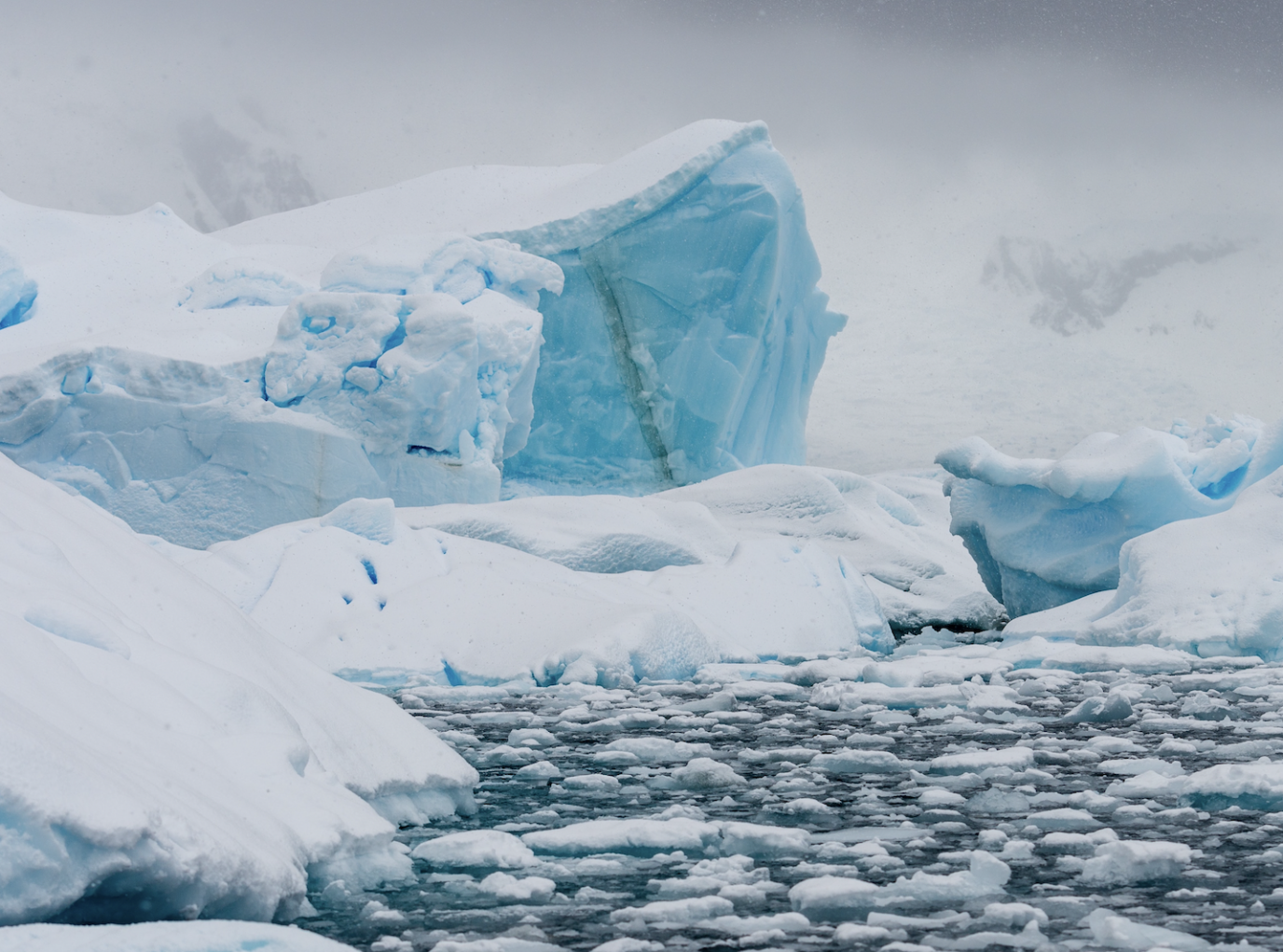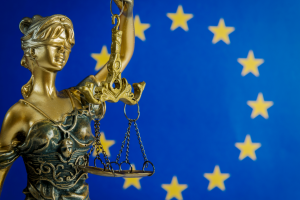Ministerial meeting on the designation of CCAMLR MPAs

Dear Commissioner Sinkevičius,
Dear Excellencies,
Dear Colleagues,
I’m honoured to share this virtual floor with you today.
Commissioner Sinkevičius, Belgium is grateful to you for convening this meeting to exchange thoughts and reconfirm our commitment for the conservation of the Southern Ocean through the establishment of a representative network of Marine Protected areas in CCAMLR.
I’m delighted to add my voice to welcoming our new co-sponsors. The conservation of the Antarctic and the Southern Ocean is critical, not only for Antarctic biodiversity and ecosystems, but for the whole world.
The Antarctic is the beating heart of our Blue Planet. Through the ocean we are all connected with the White Continent that is increasingly facing the cumulative impacts of human activities. The Southern Ocean supports unique ecosystems and sustains marine biodiversity. Establishing large-scale MPAs in the Southern Ocean will contribute substantially to the health and the conservation of the ocean. This will help us address two of the most important global challenges we are facing today: climate change and biodiversity loss.
As Minister [for the Climate, the Environment and Sustainable Development], the UN Sustainable Development Goals form the compass of my policy. 2030 is around the corner and we are lagging behind in the implementation of Agenda2030. The adoption of the East Antarctic Region, the Weddell Sea and the West-Antarctic Peninsula MPA would be a very much welcomed win and step forward to reaching SDG14[.5 to protect at least 10% of coastal and marine areas through MPAs].
Area-based management tools like MPAs are essential to help reduce anthropogenic impacts on the marine environment. They contribute to conserving marine biodiversity and ecosystems and building ocean resilience. This ensures our ecosystems can continue to deliver the ecosystem services we all depend on. They also play an important role in sustaining the key life-history stages of harvested species and protecting vulnerable areas from the adverse impacts of human activities. These benefits go beyond the protected areas themselves.
That is why Belgium, as a Blue Leader, is a strong advocate for 30% high and strictly protected marine areas by 2030. Scientists across the globe have advised that protecting 30% or more of the ocean is our best chance to ensuring healthy marine ecosystems. I am also committed to including this goal in the new Global Framework for Biodiversity.
Although the road is still long and we will all need to step up our efforts to reach an agreement on the MPA proposals currently on the CCAMLR table, I’m convinced that we will be able to find common ground with all CCAMLR members. It would be a great example of multilateral diplomacy and science to show to the global community that we are capable of working together for the global common good and for the health of all.
Let’s make this celebratory year for CCAMLR even more joyful by establishing a representative system of Marine Protected Areas in the Southern Ocean.
Thank you for your continued commitment and for your attention.


